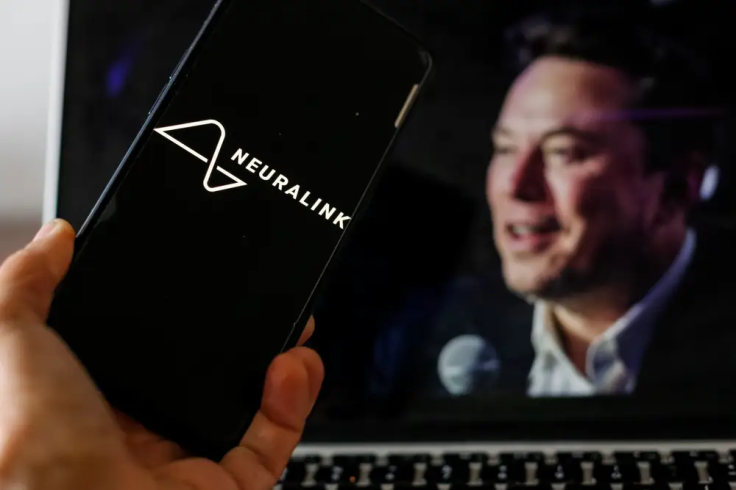The second Neuralink brain implant surgery could happen as soon as next week as CEO Elon Musk hints plans to proceed with their chip implants despite earlier setbacks.

In a live stream on X (formerly Twitter), Musk and several Neuralink staffers are confident that the second implant can be done "next week or so" after the company made the changes in how its brain implant reacts to human tissue.
— Neuralink (@neuralink) July 10, 2024
Neuralink earlier postponed its second surgery, originally scheduled for late June, due to an unspecified health problem encountered.
Now, Musk and Neuralink are claiming that the brain chip's electrode thread attached to the brain would stay in place and not retract.
The statement came after Neuralink's first patient Noland Arbaugh, who received the implant in January, had his chip's electrode threads suddenly retract while using the technology.
Neuralink claimed the incident was caused by air pockets left during the surgery, an issue Musk vowed to have resolved ahead of future surgeries.
Musk Details Ambitious Goals for Neuralink
Aside from planning to continue with the brain implant surgeries, Musk also shared other more ambitious plans for Neuralink in the coming years.
Musk claimed that the company is already looking to expand available functions for its brain chips like giving people "cybernetic superpowers" through the integration of Tesla's Optimus humanoid robot.
The CEO also hinted at plans to conduct tests in the "high single digits this year" as the company opens applications for more test patients.
This is in addition to promises to use Neuralink as a bridge in creating a "closer symbiosis between human intelligence and digital intelligence."
It is worth noting that Musk, who often makes ambitious promises for his companies, often retracts or changes his plans following production hiccups or a regulatory probe hot on their heels.
Neuralink Address Safety Concerns for Animal Tests
Musk also took time to address growing concerns on Neuralink's current animal tests as safety concerns continue to hound the company.
Animal abuse accusations first surfaced in 2022 as former employees and the US Department of Agriculture scrutinized the company and its researchers for unsafe tests that resulted in the death of over 1,500 animals since its founding in 2016.
The CEO claimed that "we really do everything we can to maximize the welfare of the animals," although he did not specify the changes the company employed to improve.









